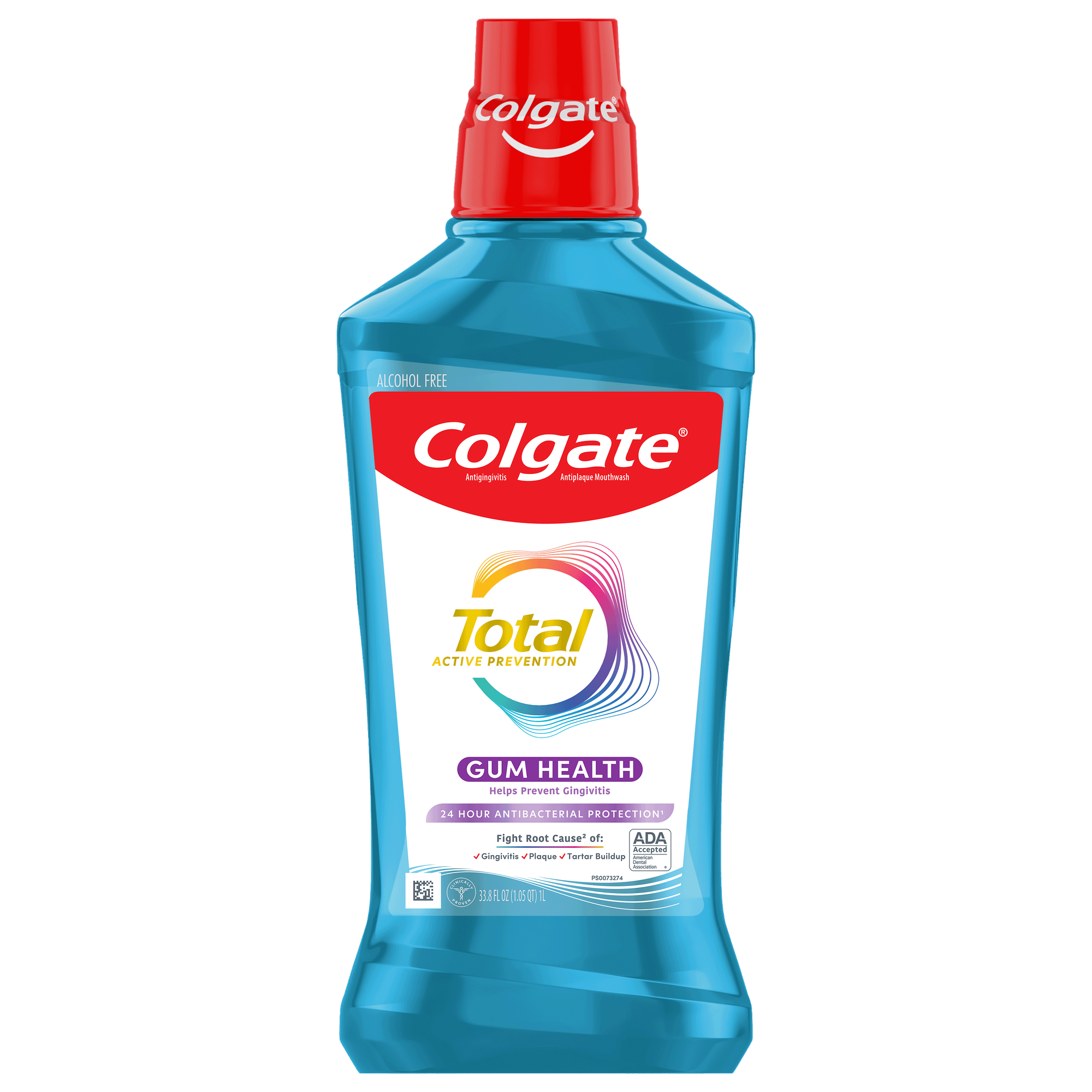What Is the History of Dental Crowns?
According to the American Dental Association, crowns have been around since before 200 AD. Thanks, ancient Italians (Etruscans, to be precise), for your commitment to repairing badly broken or worn teeth. But you probably aren't here seeking out the dental practices of 1,820 years ago, so we'll speed forward a few years.
In more recent history, gold alloys and other metals have been popular choices to cap teeth. These metals are strong enough to withstand chewing forces, but they don't look much like teeth. Gold crowns can be cheaper than options that look more like teeth, according to Cleveland Clinic. For most people, though, the closest thing to a real tooth is the optimal choice.
When Did Crowns Start Looking More Like Teeth?
Eventually, dentists began to use porcelain to match the color of natural teeth, but a downfall of porcelain is that it's more fragile than gold and other metal options. Sometimes it chips, cracks, or breaks. Zirconia, however, is a much stronger, more durable material that also has a similar aesthetic to teeth (it can be too strong and durable – more on that in a bit).
What Is Zirconia, and What Are its Benefits?
Zirconia is a white solid ceramic glaze and one of several newer materials that combine metal's strength with the aesthetic, tooth-like appeal of porcelain. And zirconia crowns are continually being developed to further improve their performance.
Some of the benefits of zirconium crowns are:
- They somewhat resemble the color of teeth.
- They're durable.
- They can be shaped in the dentist's office and need less preparation than other materials, meaning you can be fitted for your crown and have it placed in one appointment.
- Zirconia can be layered with porcelain for an even more tooth-like aesthetic.
- These crowns can be bonded or cemented to your tooth, giving your dentist more options for your specific needs.
- Zirconia is biocompatible – it won't cause any adverse reactions in your body.
What Are the Disadvantages of Zirconia Crowns?
Zirconia crowns do have some downsides for you to consider. Although this material is a closer resemblance to a real tooth than gold and other metals, it is more opaque (less transparent) than real. If you need to replace a tooth in the front of your mouth, zirconia may have a noticeably different shade than your other teeth. And although strength is one of zirconia's many benefits – there are times when a tooth can be a little too strong. For instance, if your dental professional wants to adjust your crown to even out your bite or needs to file the crown because it's starting to damage a real tooth – the strength of zirconia could be considered a disadvantage.
How Can You Practice Good Oral Hygiene With a Zirconia Crown?
Whatever material you choose for your crown, be sure to practice good oral hygiene as you do with all of your teeth. Brush at least twice a day, floss or clean between your teeth with interdental brushes or water flossers at least once a day, and consider using other helpful products like antimicrobial mouth rinses and tongue scrapers. Be sure to see your dental professional for regular cleanings – not only to keep your teeth pearly white and bacteria-free but also to check the health of your crown.
If you have a tooth that is wearing down, cracked, or chipped, and you're trying to decide if zirconia is the right material for your crown, your dental professional will best be able to advise you. Hopefully, with this newfound knowledge, you can have an informed conversation with your dentist about your specific needs, like the location of tooth damage in your mouth, the function of that tooth, the cost, and the aesthetic you hope to achieve. Then, together, you will be able to decide on a crown material that will give you a big toothy grin.
Learn what you can expect from a dental crown procedure.
This article is intended to promote understanding of and knowledge about general oral health topics. It is not intended to be a substitute for professional advice, diagnosis or treatment. Always seek the advice of your dentist or other qualified healthcare provider with any questions you may have regarding a medical condition or treatment.
ORAL HEALTH QUIZ
What's behind your smile?
Take our Oral Health assessment to get the most from your oral care routine
ORAL HEALTH QUIZ
What's behind your smile?
Take our Oral Health assessment to get the most from your oral care routine















